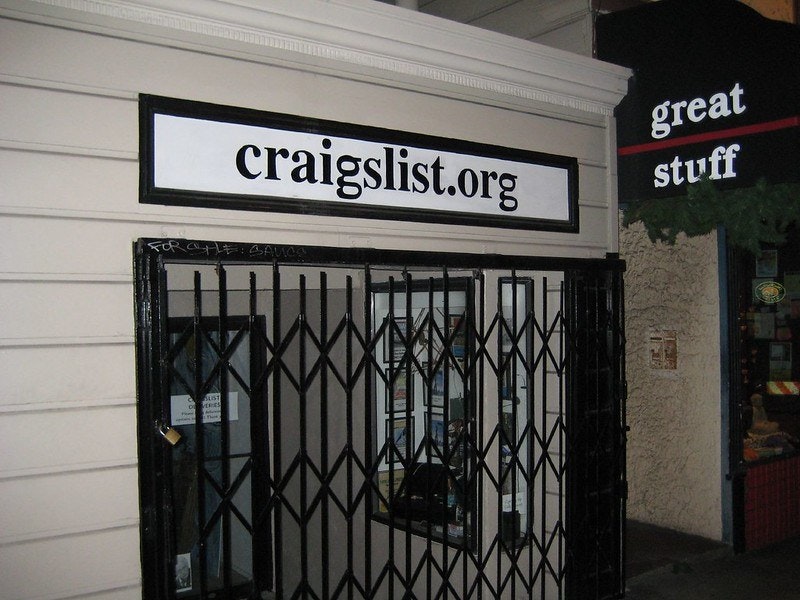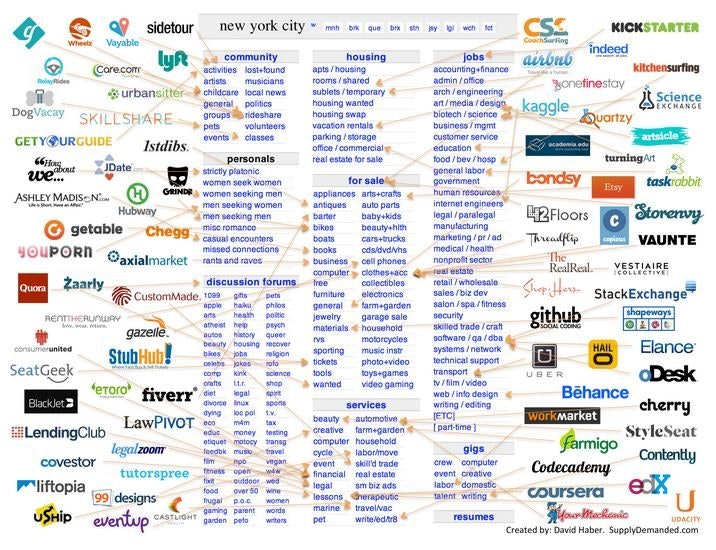Tedium - Don’t Strip-Mine The Sky ☁️
|
|
|
|
|
|
|
Older messages
Do General Audiences Exist? 🎬
Tuesday, December 10, 2024
They're making way fewer G-rated films than they used to. Here's a version for your browser. Hunting for the end of the long tail • December 08, 2024 Today in Tedium: In the fall of 1968, the
How Giants Fall 📉
Tuesday, December 3, 2024
The CEO of Intel retired out of the blue. That doesn't sound good. Here's a version for your browser. Hunting for the end of the long tail • December 03, 2024 How Giants Fall The departure of
Belated Expansion 🕹️
Monday, December 2, 2024
Why a forgotten expansion port on a famous console is emerging now. Here's a version for your browser. Hunting for the end of the long tail • December 02, 2024 Hey all, Ernie here with a mea culpa.
Power User Vs. Strong POV 💻
Saturday, November 30, 2024
Elementary OS doesn't work like most Linux distros. Here's a version for your browser. Hunting for the end of the long tail • November 29, 2024 Power User Vs. Strong POV The just-released
Corporate Casserole 🥘
Monday, November 25, 2024
How marketing and lobbying inspired Thanksgiving traditions. Here's a version for your browser. Hunting for the end of the long tail • November 24, 2024 Hey all, Ernie here with a classic
You Might Also Like
Daily Coding Problem: Problem #1703 [Hard]
Thursday, February 27, 2025
Daily Coding Problem Good morning! Here's your coding interview problem for today. This problem was asked by Goldman Sachs. Given a list of numbers L , implement a method sum(i, j) which returns
Charted | The $124 Trillion Global Stock Market, Sorted by Region 📊
Thursday, February 27, 2025
In this graphic, we show the world's 48000 publicly-traded companies, collectively valued at $124 trillion. View Online | Subscribe | Download Our App Enjoying Visual Capitalist? You'll love
AI CAPTCHA Fails Are the Internet’s New Comedy Show!
Thursday, February 27, 2025
Top Tech Content sent at Noon! Boost Your Article on HackerNoon for $159.99! Read this email in your browser How are you, @newsletterest1? 🪐 What's happening in tech today, February 27, 2025? The
Say Goodbye to Type Erasure
Thursday, February 27, 2025
View in browser 🔖 Articles Practical Kotlin: When and How to Use inline reified, noinline, and crossinline Master Kotlin's inline reified functions to tackle type erasure and boost performance!
SRE Weekly Issue #464
Thursday, February 27, 2025
View on sreweekly.com A message from our sponsor, incident.io: For years, on-call has felt more like a burden than a solution. But modern teams are making a change. On Feb 26 at 1 PM EST, hear why—and
Hands On: New VS Code Insiders Build Creates Web Page from Image in Seconds, More
Thursday, February 27, 2025
Home | News | How To | Webcasts | Whitepapers | Advertise .NET Insight February 27, 2025 THIS ISSUE SPONSORED BY: ■ Visual Studio Live! Las Vegas: .NET Developer Training Conference ■ VSLive! 4-Day
Re: Tomorrow's Password Class: How to sign up!
Thursday, February 27, 2025
Hi there, Do you reuse passwords? Do you struggle to remember unique passwords across accounts? Have you tried setting up a password manager but found it to be a hassle? You might not realize how
Documenting Event-Driven Architecture with EventCatalog and David Boyne
Thursday, February 27, 2025
If you're wondering on how to document Event-Driven Architecture, or you don't know that you should, I have something for you. We discussed with David Boyne, why data governance practices and
wpmail.me issue#708
Thursday, February 27, 2025
wpMail.me wpmail.me issue#708 - The weekly WordPress newsletter. No spam, no nonsense. - February 27, 2025 Is this email not displaying correctly? View it in your browser. News & Articles Shaping
Hackers stole 1Password logins - here's how
Thursday, February 27, 2025
Amazon AI races ahead; Research agents; Smartwatch trade-in -- ZDNET ZDNET Tech Today - US February 27, 2025 thief stealing passwords Hackers stole this engineer's 1Password database. Could it






